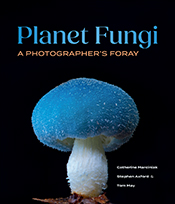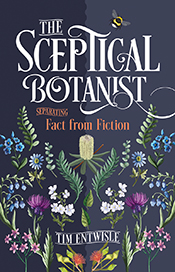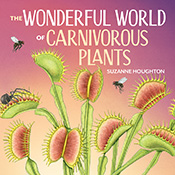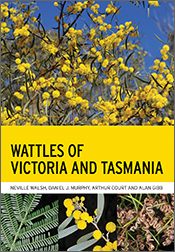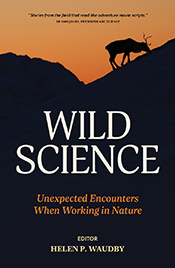Why Does the World Stay Green?
Nutrition and Survival of Plant-eaters
By: TCR WhiteExplore a controversial theory that challenges the common understanding of natural population control in herbivores.
Nearly every form of life has the capacity to multiply and increase at a really astonishing rate. Think of plagues of locusts or mice. Clearly, for the vast majority of animals this does not happen, otherwise they would swamp the world and destroy all the plants. So why doesn’t it happen, and why does the world stay green? The concept explored in this book contends that animals are not controlled through predation but because plants have outwitted them, they cannot obtain enough of the food they must have to reproduce and grow. + Full description
Why Does the World Stay Green? explains, in simple terms, how this comes about in nature and describes some of the many fascinating ways in which animals have evolved to cope with this usually chronic shortage of an essential resource. It is fascinating and easy-reading for anyone interested in natural history.
The author, TCR White, has acted as a strong influence for the last 40 years on the ecological community, presenting confronting and at times controversial theories on the limiting role that nitrogen plays in the evolution of life. Why Does the World Stay Green? reveals this fascinating and important ecological theory.
- Short descriptionNews
No longer available in a print edition.
Reviews
"It is a stimulating read, describing the many ingenious ways in which a variety of animals, from lions to lerps, have evolved to cope with the shortage of essential resources."
Wingspan, March 2006
"His book makes great reading for anyone remotely interested in natural history."
ECOS Magazine issue 32 October-November 2006
"TCR White… takes the reader on a luscious and green journey through nature. The book is full of relevant eye-catching photographs that aid understanding. It creates interest with questions, evaluations, facts and figures."
Fleur Rappoport (The Helix, 2006)
"I find the diversity of thought-provoking cases delightful. Readers will get new insights into adaptations to overcome poor feed quality, which after all is a major aspect of natural history."
Brian Lowry (Wildife Australia Magazine, Winter 2006)
Details
ePDF | October 2005ISBN: 9780643093157
Publisher: CSIRO Publishing
Available from eRetailers
Features
- Explores interesting and controversial theories on ecology
- Presents new ways of thinking about the interaction of plants and animals
- Filled with examples that will challenge many current ecologists
- Written in non-technical language
Contents
1 The green worldFinding food is too hard; Food tastes disgusting or is poisonous; Food is not nutritious enough; But what about the predators?; Nitrogen – the key limiting factor; How herbivores access nitrogen
2 Herbivores are fussy eaters
Seeking out the best: flush-feeders; Going with the flow: seed-eaters; Prolonging the supply: grazers and gall-makers; Creaming off the best: fast-track feeders; Catching the late run: senescence-feeders; Double-dipping
3 With a little help from microbes
Dung-eaters; Detritus-feeders
4 Meat-eating vegetarians and cannibals
Strictly vegetarian?; Starting out carnivorous; Opportunistic predators; Cannibalism
5 Feeding the favoured few
Territorial behaviour; Social dominance hierarchies
6 Inefficient killers
Lions and other inefficient killers; Bungling invertebrates; Food supply is the key
7 Plagues, outbreaks and the tyranny of weather
Weather’s dramatic effects; Successful reproductive strategies; Weather can affect food quality
Afterword
Further reading
Index



